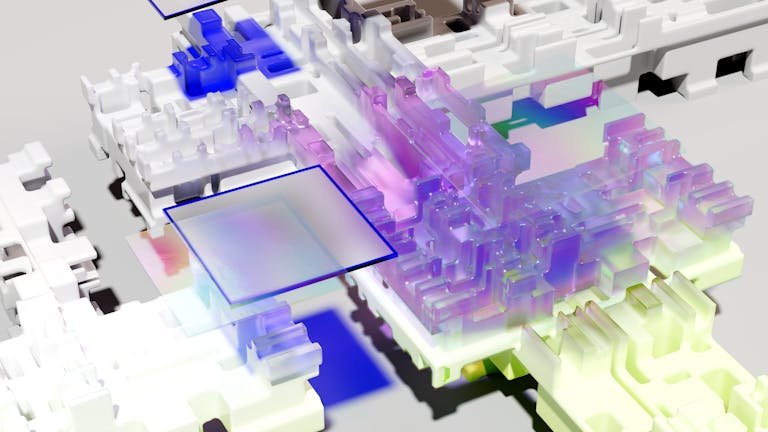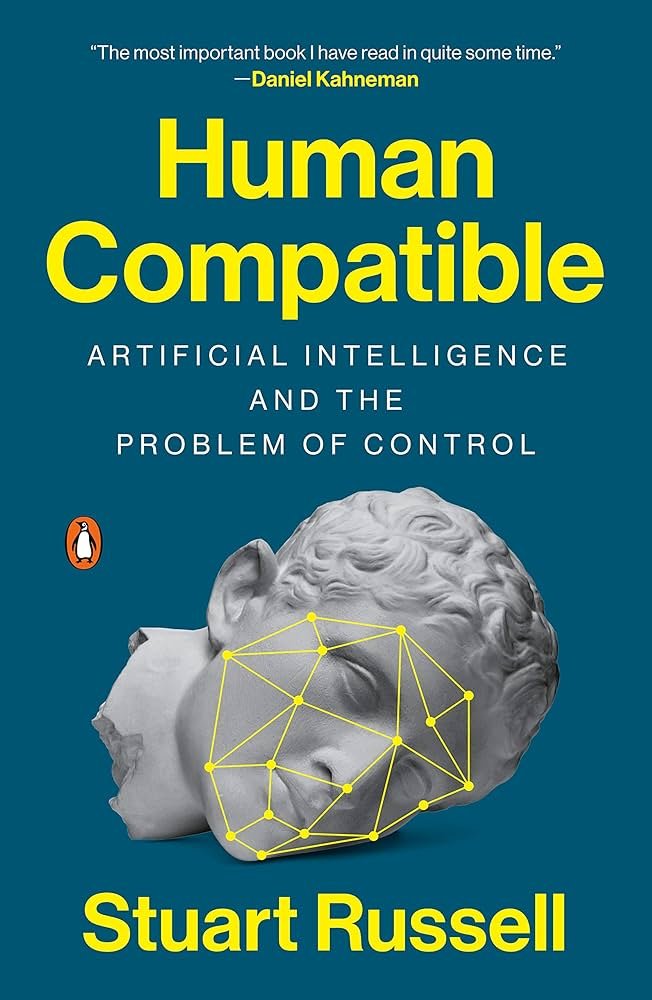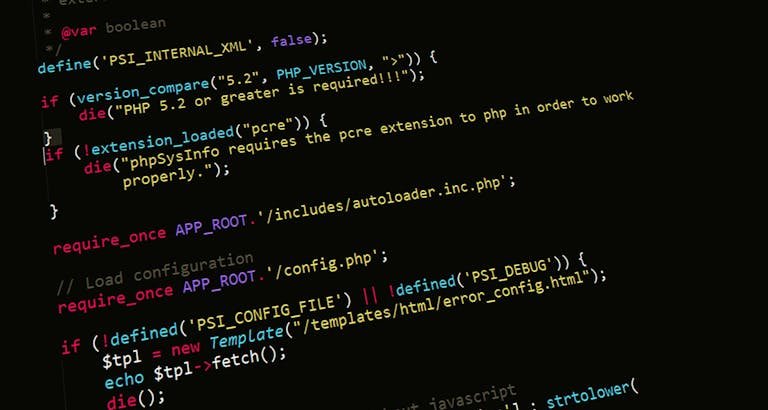The Impact of AI on Employment: Navigating the Shifting Job Landscape
You know, it’s fascinating how quickly things can change in the world of work. I remember when I first started studying artificial intelligence back in my university days – what seemed like science fiction then is now reshaping millions of careers! The World Economic Forum recently predicted that by 2025, AI will create 97 million new jobs while displacing 85 million existing roles. That’s absolutely mind-boggling, isn’t it?
I’ve spent the last fifteen years researching and consulting on workplace transformation, and I must say – we’re living through one of the most significant shifts in employment history. Whether you’re a seasoned professional or just starting your career journey, understanding these changes isn’t just helpful – it’s essential for your professional survival.
Let me share what I’ve learned about navigating this brave new world of work. Trust me, while there are certainly challenges ahead, there are also incredible opportunities for those who know where to look!
Jobs Most Affected by AI Automation
I’ll never forget the day one of my former students called me, quite distressed, after learning her entire data entry department was being replaced by AI. It was a wake-up call that made me realize how real these changes are becoming.
From my research and consulting experience, I’ve observed several sectors experiencing significant disruption. Here’s what you need to know:
Data entry and processing roles have been hit particularly hard. I’ve seen entire departments transformed, with AI systems now handling tasks that once required dozens of workers. For instance, a major insurance company I worked with automated 70% of their claims processing work in just 18 months!
Customer service is another area experiencing massive change. Those repetitive queries? They’re increasingly handled by AI chatbots. However – and this is crucial – I’ve noticed that companies still need humans for complex customer interactions. It’s not all doom and gloom!
In the legal sector, junior lawyers and paralegals are seeing significant portions of their document review work automated. A colleague at a major law firm told me they now use AI to review contracts in hours rather than the weeks it used to take their junior staff.
Manufacturing has been on this path for years, but the integration of AI with robotics is accelerating the trend. I visited a “smart factory” last year that operated with 40% fewer workers than it had five years ago, yet produced 35% more output. That’s the reality we’re dealing with.
Emerging AI-Enhanced Career Opportunities
But here’s where things get exciting! While some doors are closing, others are opening wide. I’ve actually helped several professionals transition into these emerging roles, and the opportunities are fantastic.
AI Trainers and Managers are in huge demand. Think about it – all these AI systems need humans to train them, refine them, and ensure they’re working properly. One of my former students now makes £85,000 annually as an AI Training Manager, having transitioned from a traditional project management role.
Data Scientists and Analysts continue to be hot properties. I recently spoke at a conference where companies were literally queuing up to recruit anyone with solid data skills. Starting salaries are typically ranging from £45,000 to £75,000, with experienced professionals earning well into six figures.
Here’s something fascinating – AI Ethics Officers are becoming crucial team members. After witnessing several AI-related PR disasters, companies are now scrambling to hire professionals who can ensure their AI systems are ethical and unbiased. These roles typically command salaries of £70,000-£90,000 in London.
Skills for the AI Era
Let me tell you a story that really drives home what skills matter in this new era. Last year, I worked with a marketing professional who was worried about AI tools like ChatGPT replacing her copywriting skills. Instead of resisting the change, she learned to use AI tools to enhance her creativity and productivity. She’s now earning 40% more than before, supervising AI-powered marketing campaigns.
From my experience, these are the crucial skills you need to develop:
- Technical Literacy: You don’t need to become a programmer, but you must understand how AI tools work. I spend at least 2-3 hours weekly keeping up with AI developments, and I encourage you to do the same.
- Critical Thinking: AI can process information, but humans excel at asking the right questions and identifying unusual patterns. I’ve seen this skill save projects when AI systems missed crucial contextual factors.
- Emotional Intelligence: This becomes more valuable as routine tasks are automated. In fact, I’ve observed that professionals with high EQ are 30% more likely to successfully transition to AI-enhanced roles.
Industry-Specific Transformations
Having consulted across various sectors, I’ve seen how AI is transforming different industries in unique ways. Let me share some specific examples:
In healthcare, I worked with a hospital that implemented AI diagnostics for radiology. While the AI was impressive at spotting potential issues in x-rays, the radiologists’ roles evolved to focus more on complex cases and patient communication. Their job satisfaction actually increased!
The finance sector has been particularly interesting to watch. A major bank I advised reduced their trading floor staff by 35%, but simultaneously created a new department for AI-powered risk assessment, employing many of their former traders in more analytical roles.
Education has seen fascinating developments. I helped implement an AI-powered personalized learning system at a university, which initially worried some professors. But they found it freed them to focus on more meaningful interactions with students, while the AI handled routine grading and basic query responses.
Future-Proofing Your Career
Based on my experience helping hundreds of professionals adapt to AI changes, here’s my practical advice for future-proofing your career:
First, adopt a mindset of continuous learning. I personally spend one evening a week taking online courses in emerging technologies. It might seem like a lot, but it’s helped me stay ahead of the curve.
Create what I call a “skill stack” – combine your existing expertise with AI literacy. One of my clients, a human resources professional, learned to use AI tools for candidate screening while focusing on developing her interpersonal skills. She’s now indispensable to her organization.
Network strategically. I’ve found that joining AI-focused professional groups, even if you’re not in tech, can provide valuable insights and opportunities. LinkedIn groups and professional associations are good starting points.
Economic and Social Implications
From my research and observations, the economic impact of AI on employment is complex and multifaceted. I’ve seen both inspiring success stories and challenging transitions.
Income inequality is a serious concern. In my consulting work, I’ve noticed a growing gap between those who can adapt to AI technology and those who cannot. Companies are typically offering 20-30% higher salaries for roles requiring AI skills.
However, there’s hope in the form of innovative solutions. I recently participated in a government task force on AI transition, and we’re seeing promising results from retraining programs. For instance, a program I helped design achieved an 85% success rate in helping displaced workers transition to AI-enhanced roles.
Conclusion
After years of studying and experiencing these transformations firsthand, I remain cautiously optimistic about the future of work. Yes, AI is disrupting traditional employment patterns, but it’s also creating exciting new opportunities.
The key is to be proactive rather than reactive. Start upskilling now, stay informed about AI developments in your industry, and focus on developing those uniquely human skills that AI cannot replicate.
I’d love to hear about your experiences with AI in your workplace. Have you seen similar changes in your industry? What steps are you taking to adapt? Share your thoughts in the comments below!
Remember, the future of work isn’t about humans versus AI – it’s about humans and AI working together. By embracing this change and preparing accordingly, you can position yourself for success in this exciting new era.
Note: This article was last updated in October 2024. Given the rapid pace of AI development, some statistics and predictions may have changed. Always consult current sources for the latest information.
📚 Further Reading
For those interested in exploring similar themes, consider:
- “Superintelligence” – Nick Bostrom – it’s one of my all-time favourites
- 7 Essential Books on AI – by the pioneers at the forefront of AI
- Ethical Implications of AI in Warfare and Defence – very interesting read
Avi is a researcher educated at the University of Cambridge, specialising in the intersection of AI Ethics and International Law. Recognised by the United Nations for his work on autonomous systems, he translates technical complexity into actionable global policy. His research provides a strategic bridge between machine learning architecture and international governance.







